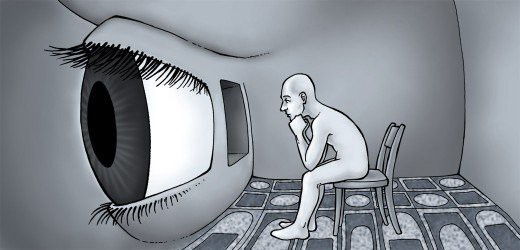Learning to get comfortable with the unknown
- alexishansen
- Jul 17, 2025
- 2 min read
Updated: Jul 18, 2025
I've now been knowingly working with people with a dissociative disorder since 2017. If I hadn't gone through EMDR training and learned to carefully screen for a dissociative disorder, I don't know how long it would have taken me to realize that several of my clients had dissociative disorders.
I think of dissociative disorders as largely being about not knowing. Dissociation at it's heart is a survival skill that helps people separate from something unbearably painful. For some, that simply means they don't feel like their body is theirs, or maybe they just never even think about their body. For others, they may not know about whole years of their childhood, or what they ate for dinner last night. They might not know why they blurted out that angry thing at their spouse, or why sometimes they don't see their spouse when they look at them.
In the therapy room, usually both me and my client are somewhat clueless about what's hidden below the surface. Together, we embark on a journey to discover more and more about what's really going on inside of them. It can be uncomfortable for both of us to not know what the future holds. Will there be some terrible memory that will surface? Will we learn about something the client did in the past that they regret? What might come up that is destabilizing? What if being in your body more is still unbearable?
It's truly difficult work to begin to explore all of the unknowns of a dissociative disorder. It's vulnerable and can be scary. That's why the pacing of the work is crucial, and why having a great working relationship with your therapist really matters.
Dissociative disorders have to be treated with care and respect. Slowly peeking around the corners of the mind to discover why dissociation was needed in the first place. Along the way, you have to learn a lot of skills to ground yourself and regulate your emotions. You may also need work on learning when to say "no" or "we have to stop for today." That often comes with more awareness of your own tolerance, along with gaining more trust in the therapeutic relationship. Learning to say no is a wonderful skill to take with you into all of your relationships.
Yes, it's difficult work, but it is so rewarding! I personally love being a witness to the work of gaining more awareness and knowledge, and now that I've got a lot of experience under my belt, I feel comfortable anchoring my clients in the knowledge that they will get through this and come out feeling better on the other end. I wish for all that they can access quality care and not only become comfortable with the unknown but continue on the path to discover what's unknown and integrate that into their own sense of self.





Comments